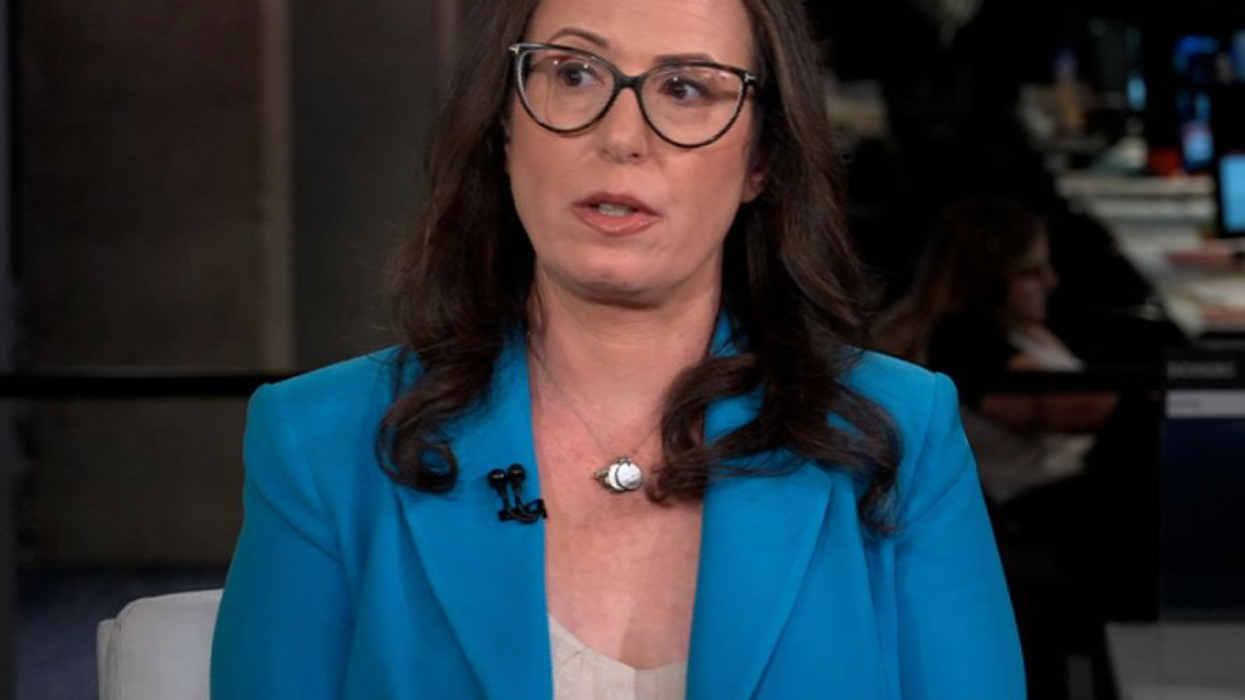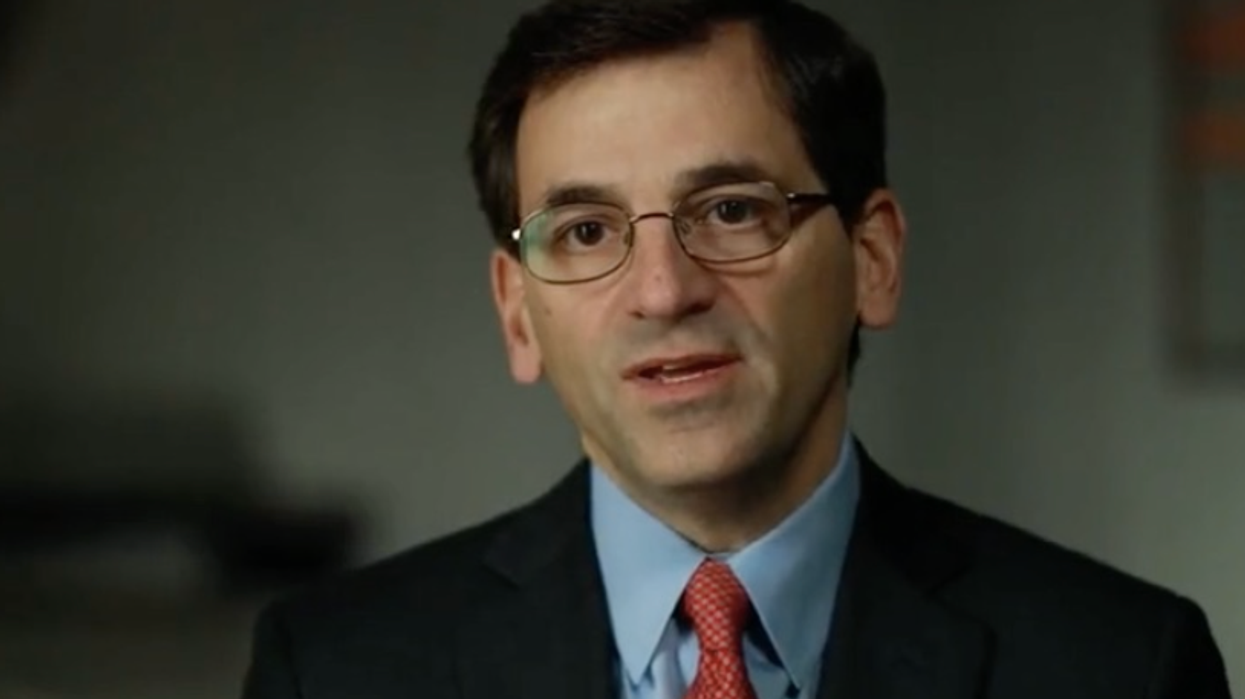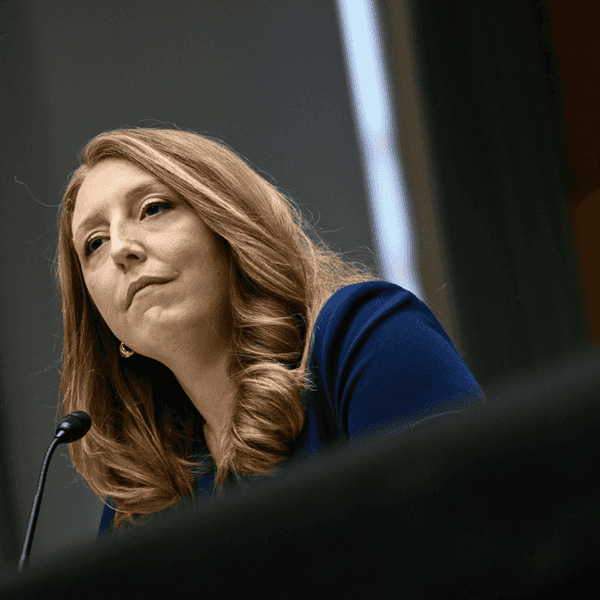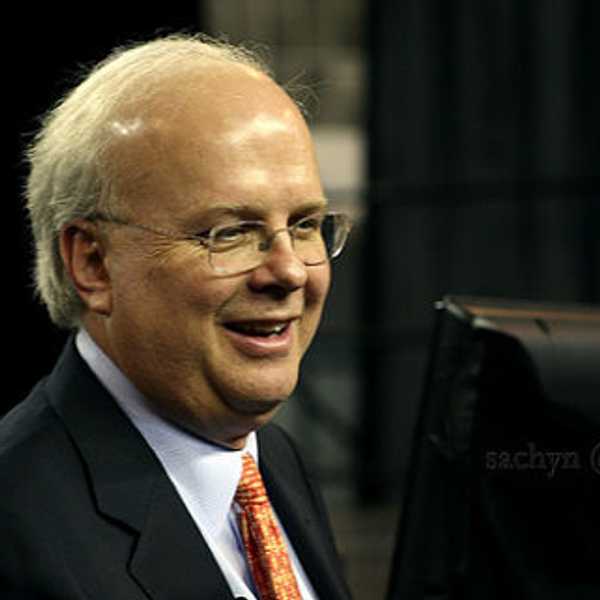No, The Times Didn't 'Debunk' Post Report On Alleged War Crime In Missile Strike
Right-wing commentators have seized upon a New York Times report on the U.S. military’s September 2 extrajudicial killing of 11 people on board a boat the Trump administration alleged was carrying drugs in the Caribbean, claiming that the article “DEBUNKED” a previous Washington Post report that triggered congressional scrutiny over potential war crimes. But the Times actually confirmed, rather than undermined, the Post’s account.
The Post reported Friday that according to its sources, Defense Secretary Pete Hegseth gave a spoken order “to kill everybody” on board the boat before the attack, and that after confirming that the first strike left two survivors, the Navy special operations commander overseeing the action, Adm. Frank Bradley, “ordered a second strike to comply with Hegseth’s instructions,” killing them. Lawmakers of both parties quickly vowed to aggressively scrutinize the attack, which legal experts argued would constitute, “at best, a war crime under federal law.”
Hegseth, in his prior career as co-host of Fox News’ Fox & Friends Weekend, championed U.S. service members accused or convicted of war crimes. In one 2019 segment discussing a soldier charged over the extrajudicial killing of an Afghan man accused of making bombs for the Taliban, Hegseth said, “If he committed premeditated murder … then I did as well. What do you think you do in war?”
Top Trump administration officials over the weekend denounced the “fake news” Post’s “entire narrative” as “fabricated” with “NO FACTS.” But at Monday’s briefing, White House press secretary Karoline Leavitt effectively confirmed — and defended — the actions the Post had reported, including the second strike.
This confusion left President Donald Trump’s most zealous propagandists with few clear pathways to defend the administration’s actions. But after the Times published its own account of the attack on Monday, “plenty of conservatives are now declaring this case closed,” as Politico reported. Indeed, right-wing commentators have claimed that the Times “quietly DEBUNKED” the Post’s “hoax hit piece,” which they said has been exposed as “a genuinely vile slander of both Hegseth and Bradley.”
“Disgrace to journalism that [Post reporters] @AlexHortonTX and @nakashimae got so many details of this story wrong just to smear @PeteHegseth,” posted RedState's R.C. Maxwell, a member of the new Pentagon press corps composed of MAGA shills.
Fox News, Hegseth’s former employer, had devoted 53 minutes of airtime to the story across the four days from Friday through Monday. The bulk of that coverage came from purported “news side” shows; Jesse Watters was the only prime-time host to address the story, while the defense secretary’s old program ignored it altogether. Coverage picked up on Tuesday morning, however: Apparently armed with new marching orders at last, Fox & Friends finally found an angle and reported on how the “New York Times report backs Trump admin’s account of strike on suspected drug boat.”
In reality, the timeline of the September 2 attack laid out in the Times article matches the one provided by the Post.
First, after U.S. intelligence operatives determined that the boat was carrying drugs, Hegseth issued his order to destroy it and kill those onboard.
From The Washington Post:
The longer the U.S. surveillance aircraft followed the boat, the more confident intelligence analysts watching from command centers became that the 11 people on board were ferrying drugs.
Defense Secretary Pete Hegseth gave a spoken directive, according to two people with direct knowledge of the operation. “The order was to kill everybody,” one of them said.
From The New York Times:
According to five U.S. officials, who spoke separately and on the condition of anonymity to discuss a sensitive matter that is under investigation, Mr. Hegseth, ahead of the Sept. 2 attack, ordered a strike that would kill the people on the boat and destroy the vessel and its purported cargo of drugs.
...
In interviews on Monday, two U.S. officials — both of whom were supportive of the administration’s boat strikes — described a meeting before the attack at which Mr. Hegseth had briefed Special Operations Forces commanders on his execute order to engage the boat with lethal force.
Then, the Navy launched an initial strike, which left two survivors, who were killed after Bradley ordered further strikes.
From The Washington Post:
A missile screamed off the Trinidad coast, striking the vessel and igniting a blaze from bow to stern. For minutes, commanders watched the boat burning on a live drone feed. As the smoke cleared, they got a jolt: Two survivors were clinging to the smoldering wreck.
The Special Operations commander overseeing the Sept. 2 attack — the opening salvo in the Trump administration’s war on suspected drug traffickers in the Western Hemisphere — ordered a second strike to comply with Hegseth’s instructions, two people familiar with the matter said. The two men were blown apart in the water.
From The New York Times:
Admiral Bradley ordered the initial missile strike and then several follow-up strikes that killed the initial survivors and sank the disabled boat.
The Times account stresses that Hegseth’s “order was not a response to surveillance footage showing that at least two people on the boat survived the first blast,” and that the defense secretary “did not give any further orders” to Bradley following the first strike — but the Post’s account does not say otherwise.
It is unclear whether the Post’s reporting that Hegseth issued a “spoken directive” to kill those onboard the boat is describing something different from the Times’ reporting that Hegseth briefed commanders on his order to “engage the boat with lethal force.” But both agree that Bradley ordered a second U.S. strike which killed shipwrecked survivors.
That second strike, experts say, constitutes “at best” a textbook war crime (if you accept the administration’s dubious claims that this constitutes a lawful conflict in the first place; otherwise, both strikes are simply murder). Trump said Sunday he “wouldn’t have wanted … a second strike,” though Leavitt defended Bradley ordering one on Monday.
The right-wing complaints amount to hair-splitting over the exact extent of MAGA favorite Hegseth’s responsibility for the allegedly unlawful killings — and it's based on two reports that paint a consistent picture. Did Hegseth cause the second strike with his initial order, or did he merely watch Bradley order it in real time with no apparent qualms about it, then promote Bradley, give a speech urging military leaders to “untie the hands of our warfighters” to ensure “maximum lethality,” and then defend the attack and mock its critics?
Either way, the Times article doesn't vindicate him.
Reprinted with permission from Media Matters












